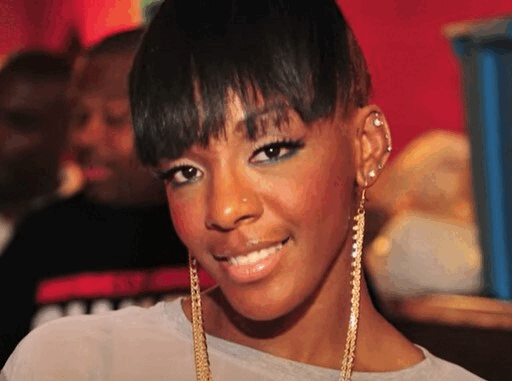DAWN RICHARD SUES SEAN COMBS

BY THE LEGAL EAGLE
Dawn Richard, a former member of the music group Danity Kane, has filed a lawsuit against music mogul Sean “Diddy” Combs. The lawsuit, filed on September 12, 2024, in a New York court, alleges that Combs sexually assaulted and battered Richard during their professional relationship. Richard claims that the incidents occurred while she was under Combs’ mentorship and that his actions have caused her significant emotional and psychological distress.
Details of the Alleged Incidents: According to the lawsuit, Richard details multiple instances of unwanted advances and inappropriate behavior by Combs. She alleges that these incidents took place in various locations, including recording studios and private residences. Richard asserts that Combs used his position of power to manipulate and control her, making it difficult for her to speak out or seek help at the time.
Impact on Richard’s Career and Well-being: Richard’s lawsuit highlights the detrimental impact that Combs’ alleged actions have had on her career and personal life. She claims that the trauma from these experiences has hindered her professional opportunities and affected her mental health. Richard is seeking compensatory and punitive damages for the harm she has endured, as well as a public apology from Combs.
Combs’ Response to the Allegations: Sean Combs has denied all allegations made by Dawn Richard. In a statement released by his legal team, Combs asserts that the claims are baseless and an attempt to tarnish his reputation. He maintains that his interactions with Richard were always professional and consensual. Combs’ attorneys have indicated that they will vigorously defend against the lawsuit and seek to have the case dismissed.
Broader Implications and Public Reaction: The lawsuit has garnered significant media attention and sparked discussions about power dynamics in the music industry. Advocates for survivors of sexual assault have expressed support for Richard, emphasizing the importance of holding influential figures accountable. The case also raises questions about the industry’s handling of such allegations and the need for systemic changes to protect artists from exploitation and abuse.



